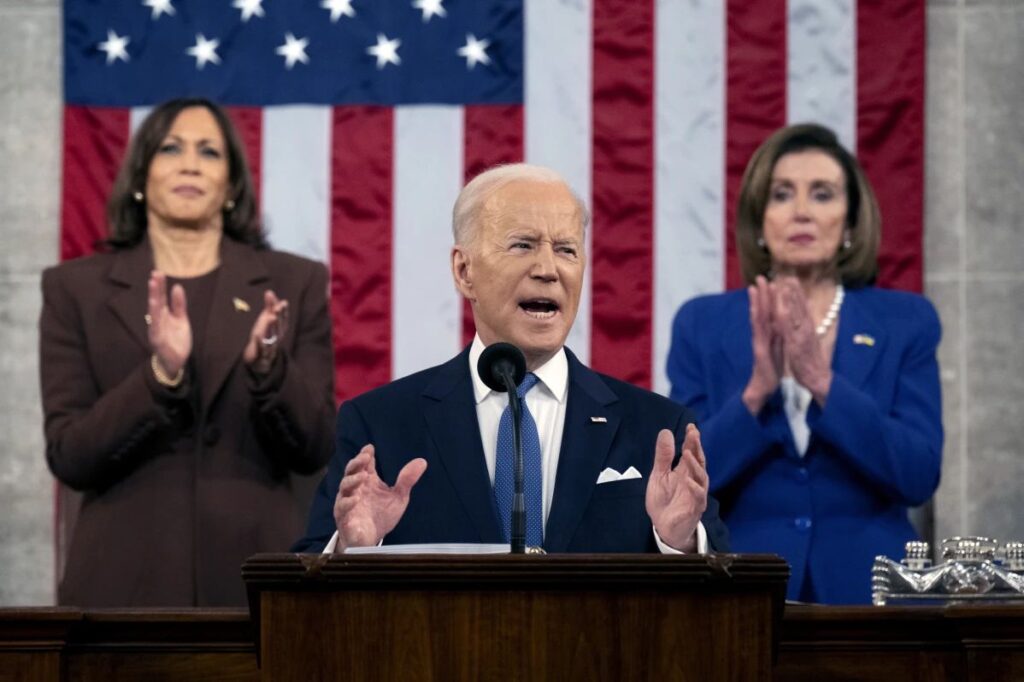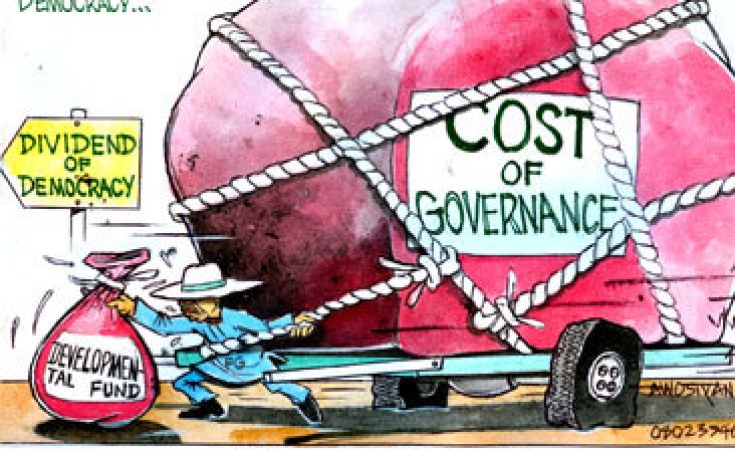Fuel Subsidy Removal: Why the government should retain fuel subsidy.
Written by Ruth Peters on February 2, 2022
The decision by the federal government on the removal of fuel subsidy left Nigerians in devastation.
However, few days after the announcement on the removal of fuel subsidy, the federal government suspended this most objectionable plan for 18months.
Despite the suspension on the removal of fuel subsidy, Nigeria Governors’ Forum (NGF) and The Nigerian Labour Congress (NLC) had a meeting on how the situation could be managed.
According to a statement signed by NGF’s spokesperson Abdurazaque Bello-Barkinde on 27th January, 2022.
The statement reads ” There were hidden untruths by administrators of the subsidy and the Nigerian National Petroleum Corporation (NNPC) which was identified as the forefront of mismanagement”.
The NGF Chairman and Ekiti State Governor, Kayode Fayemi said ” action must be taken to ensure that all Nigerians benefit from the subsidy and not just wealthy individuals and their associates”.
The union agreed that there has been some inefficiency in the sector and would find ways to make the subsidy removal beneficial to all Nigerians.
More so, the minister of state for petroleum Resources Timipre Sylva said that ”At the moment, the complete removal of subsidy is not on our plate.” He furthermore said ” the removal of subsidy is for a good cause and unless the fuel subsidy is removed, the oil sector and Nigeria’s economy will face serious challenges.”
In light of the situation, Nigerians still do not want the implementation after the 18months of the suspension elapses. This is because after the estimation on the 2022 budget of 1.8trillion naira which will commence July, 2022. The price hike of fuel will be from ₦162 per litre to ₦340 per litre.
Many including the former Head Of State Abdulsalami Abubakar have warned against increasing fuel price under the present circumstances as it could result into a protest worse than the “ENDSARS” of 2020.
Other opinions remain that; Firstly, The back and fort narrative on fuel subsidy removal has implications on the income of average Nigerians who in the past few years had hardly experienced increase in income which is accompanied with an increase on taxes and levies stipulated by the government.
Secondly, the country does not have the capacity to operate local refineries. This is because the government has ignored the Warri, Portharcourt and Kaduna refineries where it would have been of great benefit to the oil sector.
Thirdly, the average Nigerian should not be made to pay for the government’s incompetence.
And lastly, the fuel subsidy and its removal could cause future inflationary implications deemed on the transportation sector. if this happens, the overall growth of the economy will be negatively impacted.


